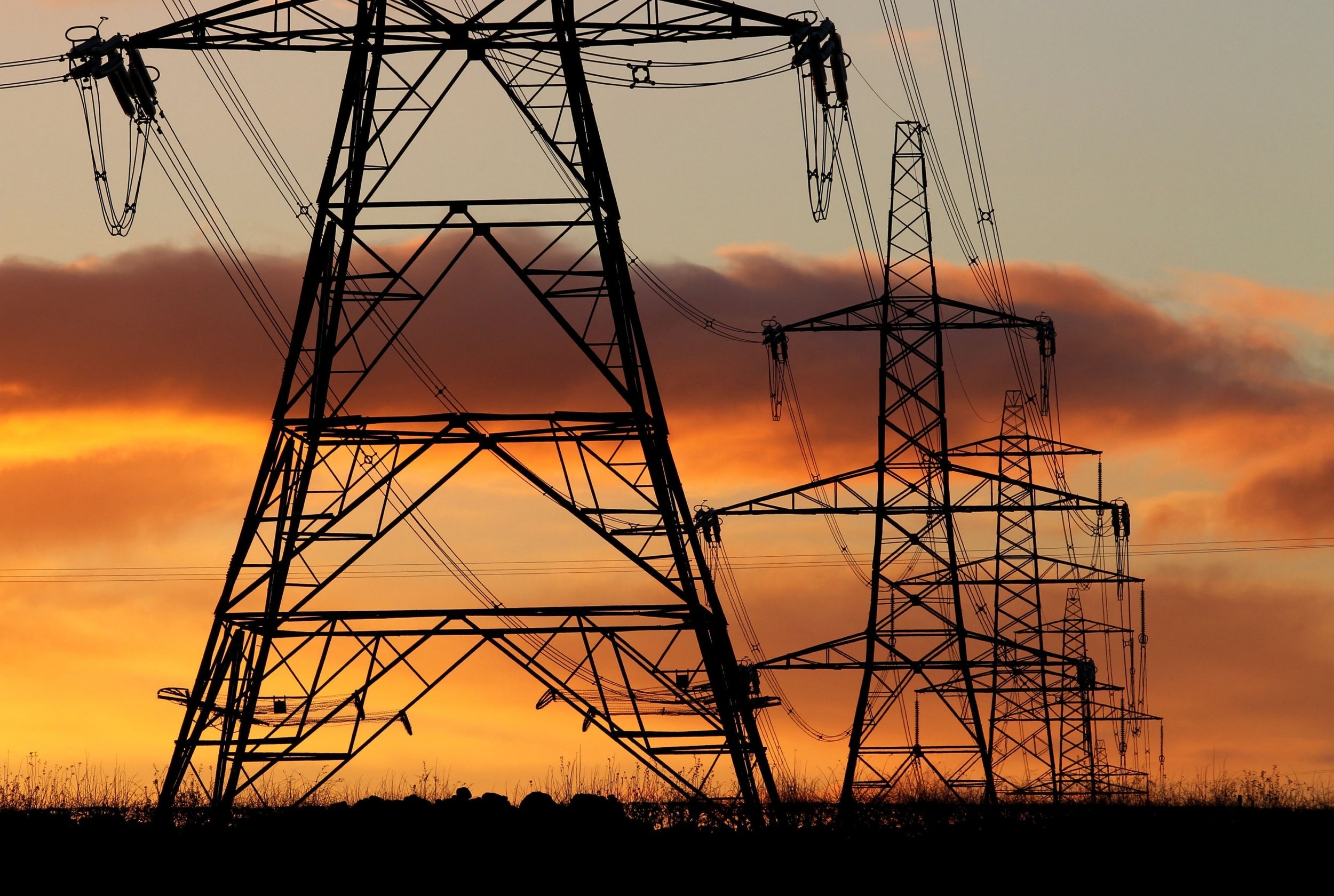Energy bills to fall for 15 million households this winter as Ofgem lowers price caps
Annual bills will drop by £75 on average for 11 million customers on standard tariffs

Annual energy bills will go down by £75 on average for 11 million households on standard tariffs and by £25 for customers who pay for their gas and electricity upfront.
Ofgem, the energy regulator for England, Wales and Scotland, is lowering the price caps for the October to March period due to lower wholesale energy prices. The new caps will be £1,179 for default tariffs, including standard variable tariffs, and £1,217 for pre-payment meters.
Ofgem chief executive Dermot Nolan said: “The price caps require suppliers to pass on any savings to customers when their cost to supply electricity and gas falls.
“This means the energy bills of around 15 million customers on default deals or pre-payment meters will fall this winter to reflect the reduction in cost of the wholesale energy.”
He added that customers can cut their bills further by shopping around to get the best deal.
Richard Neudegg, head of regulation at uSwitch.com, echoed that comment, saying: “The new level of the [standard] cap – which doesn’t kick in until October – is still £333 more expensive than the cheapest deal which people can switch to today.”
The pre-payment meter cap is now higher than the maximum standard tariff following a change in the way it is calculated so that similar methodologies are now used for both.
“The pre-payment meter cap now fully reflects the higher cost of providing energy to these customers, incurred by operating pre-pay keys and cards used to top up pre-payment meters,” Ofgem said.
However, Mr Neudegg pointed out that the methodology change for pre-payment customers means “those who are often least able to afford their bills are getting less of a cut and will actually end up paying more per year than households with credit meters”.
Subscribe to Independent Premium to bookmark this article
Want to bookmark your favourite articles and stories to read or reference later? Start your Independent Premium subscription today.

Join our commenting forum
Join thought-provoking conversations, follow other Independent readers and see their replies